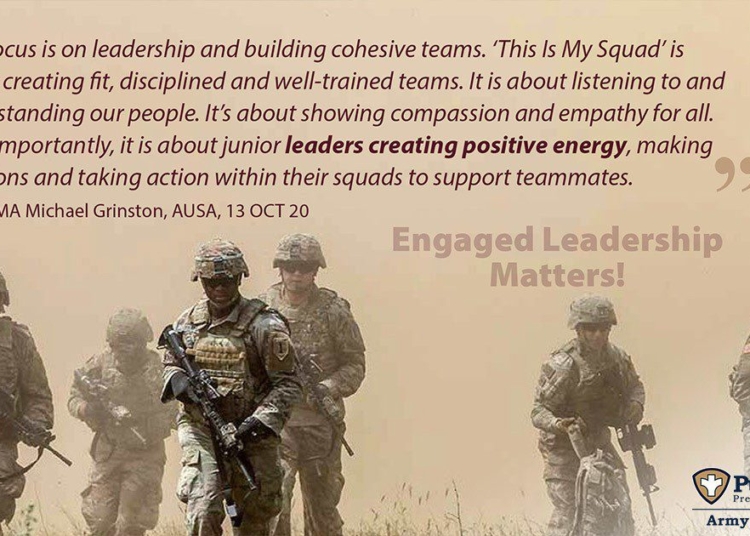Resilience and well-being are crucial for maintaining the mental health of military families. The unique challenges and stressors faced by these families, such as frequent relocations and deployments, can have a significant impact on their mental well-being. However, with strategies that promote resilience, military families can effectively navigate these challenges. Building strong social support networks, enhancing coping skills, accessing mental health resources, and increasing education and awareness are important in promoting resilience and well-being. By prioritizing their mental well-being and seeking help when needed, military families can better endure the demands of military life and maintain a healthy and fulfilling life.
Resilience and Well-being: Promoting Mental Health in Military Families
Introduction
The military lifestyle is unique and comes with its own set of challenges and stressors. Military families often face frequent relocations, deployments, and the uncertainties that come along with them. These factors can have a significant impact on the mental health and well-being of military personnel and their families. However, with the implementation of strategies that promote resilience and well-being, military families can navigate these challenges effectively and maintain good mental health.
Understanding Resilience
Resilience refers to an individual’s ability to adapt and bounce back in the face of adversity and stress. In the context of military families, resilience plays a crucial role in maintaining mental well-being. Building resilience involves a combination of personal traits and external support systems.
Support Networks
One of the key factors in promoting resilience is the presence of strong social support networks. Military families can benefit greatly from connecting with other families who are going through similar experiences. Support groups, both online and offline, offer a platform to share experiences, exchange coping strategies, and create a sense of belonging. It is also important for military personnel to maintain open lines of communication with their spouses and children, fostering an environment of understanding and support.
Enhancing Coping Skills
Developing effective coping skills is vital for military families’ mental well-being. Various stress management techniques, such as deep breathing exercises, mindfulness, and physical activities, can help individuals regulate their emotions and reduce anxiety. Encouraging family members to engage in activities that they enjoy and provide a sense of relaxation and pleasure can also contribute to overall well-being.
Accessing Mental Health Resources
Military families should have access to mental health resources that can address their unique challenges. Military bases often provide various support programs, including counseling services, mental health screenings, and workshops on stress management. Additionally, there are numerous online resources available specifically tailored to the mental health needs of military families. It is crucial for families to be aware of and utilize these resources to proactively address their mental health concerns.
Education and Awareness
Increasing education and awareness about mental health issues within military communities is paramount. By educating both military personnel and their families about common stressors and mental health conditions, stigma can be reduced, and individuals can seek help without hesitation. Providing information on the signs and symptoms of mental illness, as well as available resources, can empower military families to take proactive steps to maintain their mental well-being.
Conclusion
Military families face unique challenges that can impact their mental health and well-being. However, through the promotion of resilience and well-being, these challenges can be effectively navigated. By emphasizing support networks, enhancing coping skills, accessing mental health resources, and increasing education and awareness, military families can maintain their mental health and better endure the demands of military life. It is essential for both military personnel and their families to prioritize their mental well-being and seek help when needed to ensure a healthy and fulfilling life.













